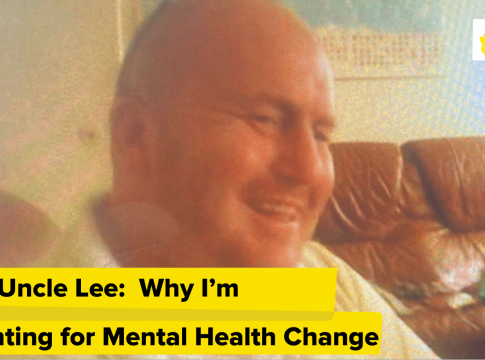Navigating the Tides of Mental Health: A Journey Toward Healing
Mental health can be a complex and often isolating topic. Many individuals, despite their struggles, feel they must navigate their path alone. Sharing personal experiences can illuminate the sometimes murky waters of anxiety and depression, fostering connection and compassion.
The Weight of Anxiety and Depression
For those grappling with anxiety and depression, the experience can feel relentless. It can manifest in overwhelming feelings of isolation, often exacerbated by societal taboos surrounding mental health. Many feel like a burden, leading to self-destructive behaviors and severe emotional turmoil. These feelings can be so intense that they trigger thoughts of hopelessness.
It is essential to recognize that these struggles are not solitary; they can impact relationships and self-perception, leading to unhealthy coping mechanisms. Even seemingly simple joys may feel unattainable when engulfed in darkness.
Finding Support: The Importance of Connection
Opening up to loved ones about mental health challenges can be daunting yet vital. Many people feel hesitant to share their struggles due to fear of judgment or misunderstanding. However, having a trusted confidant can significantly alter the course of one’s mental health journey.
If you notice someone close to you struggling, it is critical to encourage open dialogue. Support from family or friends can provide a lifeline, helping individuals recognize that they are not alone and that healing is indeed possible.
Addressing Mental Health: Seeking Professional Help
Professional support can be an essential part of managing mental health conditions. Many individuals benefit from therapy, where experienced practitioners can offer tools and techniques to address both the emotional and physical aspects of their struggles.
However, one may encounter obstacles when seeking this help. For example, mental health services sometimes prioritize physical health markers over emotional well-being. This can be disheartening when one is still suffering mentally despite improvements in physical health.
Advocating for Change: The Need for Awareness
The conversation surrounding mental health needs expansion. Advocacy efforts are crucial in breaking down stigma and improving understanding of these conditions. Organizations like MQ are committed to enhancing mental health services through research, raising awareness, and fostering open dialogue.
Key Focus Areas:
- Education: Increasing understanding of mental health can foster empathy and support.
- Access to Care: Advocacy for improved access to mental health resources is essential.
- Community Support: Creating safe environments where individuals can express their feelings without fear.
Moving Forward: Finding Hope and Purpose
While the journey toward healing is often nonlinear, it is possible to cultivate hope. Engaging in self-advocacy and seeking support can empower individuals to reclaim their lives. Knowing that your experiences can help others can also transform personal pain into purpose.
In a world still learning about mental health, every effort matters.
If you’re experiencing despair or feeling overwhelmed, remember: reaching out for help is a critical first step. Whether it’s through talking to a friend, seeking therapy, or advocating for greater mental health resources, you are not alone. Healing is a journey, not a destination, and every step counts.

Covers wellness, nutrition, mental health, and daily life tips.
Bio: Talia brings a background in health journalism and holistic living to help readers live better, one tip at a time.

